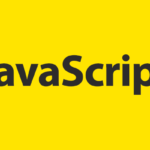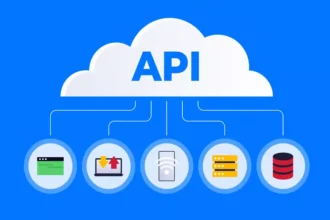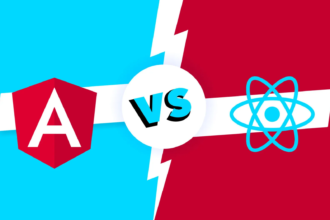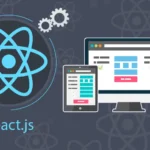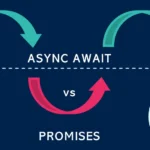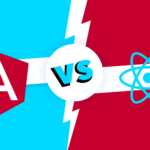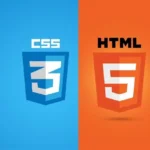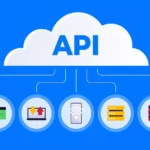
Choosing the right technology to learn is one of the biggest challenges for developers, whether you’re starting out or planning your next career move. In 2025, two names that still dominate the web development space are Node.js and PHP. But which one should you focus on? This isn’t just a technical decision—it’s about your career goals, the type of projects you want to work on, and where the industry is headed.
In this blog post, we’ll break it all down for you, exploring the strengths and applications of both technologies and helping you make an informed choice.
Understanding Node.js and PHP
What is Node.js?
Node.js is a server-side runtime environment that runs JavaScript outside the browser. Built on Chrome’s V8 engine, it’s designed for high-performance, scalable, and real-time applications. Its non-blocking, event-driven architecture makes it incredibly efficient at handling many concurrent connections, which is why it’s widely used in modern web development.
What is PHP?
PHP (Hypertext Preprocessor) is a server-side scripting language created specifically for web development. Known for its simplicity and versatility, PHP powers a significant portion of the web, including popular platforms like WordPress, Drupal, and Joomla. It’s a mature and well-supported language that continues to play a major role in traditional web applications.
Comparing Node.js and PHP
1. Market Demand in 2025
- Node.js: With the rise of microservices, real-time apps, and scalable systems, Node.js continues to grow in demand. Startups, SaaS companies, and enterprises are embracing it for its modern architecture.
- PHP: While PHP’s popularity isn’t as flashy, it remains relevant, especially in maintaining CMS-based sites and legacy systems. Small businesses and content-heavy websites still rely heavily on PHP.
Winner: If you’re targeting future-proof, cutting-edge industries, Node.js takes the lead. For traditional web projects, PHP still holds its ground.
2. Versatility
- Node.js: It’s more than a web development tool. Node.js is used in:
- Building REST APIs and real-time apps.
- Creating server-side applications for mobile apps.
- Powering IoT systems and CLI tools.
- PHP: While PHP’s primary strength lies in web development, it’s limited outside this domain.
Winner: Node.js offers broader versatility.
3. Learning Curve
- Node.js: If you already know JavaScript, picking up Node.js feels seamless. However, you’ll need to get comfortable with asynchronous programming (e.g., Promises, async/await).
- PHP: PHP is beginner-friendly and has a straightforward syntax. You can quickly build functional web applications without diving into complex paradigms.
Winner: PHP is easier for beginners, but if you’re familiar with JavaScript, Node.js is an obvious next step.
4. Performance and Scalability
- Node.js: Thanks to its non-blocking, event-driven architecture, Node.js is excellent for handling high-traffic, data-intensive apps. It’s ideal for real-time systems like chats and online gaming.
- PHP: PHP’s synchronous nature can be a bottleneck for scalability. However, frameworks like Laravel mitigate some of these limitations.
Winner: Node.js is the clear choice for performance and scalability.
5. Ecosystem and Tools
- Node.js: With npm (Node Package Manager), developers have access to an ever-expanding ecosystem of tools, libraries, and frameworks (e.g., Next.js, NestJS).
- PHP: PHP’s ecosystem is mature, with powerful frameworks like Laravel, Symfony, and CodeIgniter. While not as modern as Node.js’s ecosystem, it’s highly reliable.
Winner: Node.js leads for developers looking to stay on the cutting edge.
Which Should You Learn in 2025?
Go with Node.js if:
- You want to build modern, scalable web apps, REST APIs, or real-time systems.
- You’re interested in SaaS, fintech, or other high-growth industries.
- You want versatility in your career (e.g., transitioning into front-end, mobile, or IoT development).
- You already know JavaScript or plan to learn it.
Stick with PHP if:
- You’re focusing on web development for small-to-medium-sized businesses.
- You want to specialize in CMS platforms like WordPress or Joomla.
- You’re dealing with legacy systems or content-heavy websites.
- You’re a beginner looking for an easy entry into server-side programming.
Final Thoughts
In 2025, Node.js feels like the more future-proof choice. It aligns with modern development practices, offers career flexibility, and is perfect for developers looking to stay relevant in cutting-edge industries. However, PHP remains a solid option, especially if you’re targeting traditional web development or CMS-driven projects.
Ultimately, the best choice depends on your goals, the types of projects you want to work on, and where you see your career heading. Both Node.js and PHP have their place, so choose the one that aligns with your vision.
Happy coding, Naija developers!





